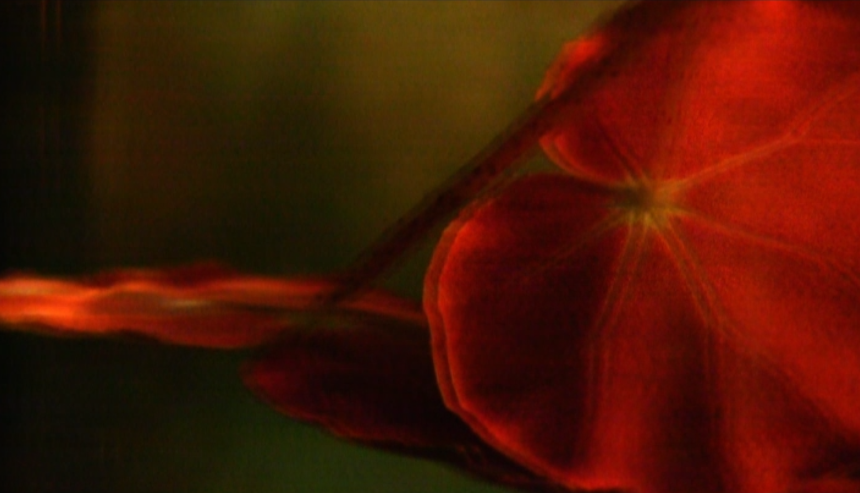The Evolving Perception of Nature: Exploring Representation through Artificial Intelligence

The starting point for our exploration is a fundamental question: How has artificial intelligence transformed our perception of nature?
By examining artistic projects that deal with issues related to nature — whether as recreation, as subject of study, and use of models — both as reflections of reality and as fabulation, what information can we obtain?
Artificial intelligence, along with other digital technologies and services available to us, increasingly impacts our environment. To function, they require minerals, which continuous extraction leads to the reduction of soil richness. Consequently, AI plays a significant role in the dramatic alterations we observe in ecosystems — a reflection of human intervention. However, it also serves as a tool providing access to information about ecosystems that would otherwise remain inaccessible. Our understanding of the planet has been reshaped by the data AI offers.
In this presentation-discussion, we will commence with an incursion into historical representations of nature juxtaposed with the role of Artificial Intelligence in participating in the creation of contemporary artworks. We invite the audience to participate actively, by engaging in the debate to share ideas, references, and questions, even those without easy answers. Our goal is to foster a collaborative environment where collective insights emerge from our shared knowledge.
Ana Carvalho has been investigating some of the complexities of Artificial Intelligence Through her recent curatorial projects, such as “Omniscience” (2021) and “Abducted Realities” (2023). Far from a mere tool, AI extends beyond amplifying human action, prompting inquiries into authorship, creativity, agency, and the very essence of intelligence and humanity. Her research and curatorial interest on AI aim to reflect into its potential and demonstrate how artists raise uncomfortable questions through their artistic explorations of AI. This exploration within collaborative environments serves to demonstrate AI’s nuanced impact on our lives.
To join the session on Zoom, use this link.
This event is the third in the Artificial Atmospheres project from the working group in Art and Technology, CineLab – IFILNOVA. Artificial Atmospheres researches the relationships between artistic practices, primarily time-based media such as moving image and sound, with a special focus on media archives, and the development of new technologies, especially in machine learning, with the main purpose of analyzing, evaluating and critically discussing the way in which the alliance between art and technology poses new challenges and offers new ways of responding to contemporary issues related to social, political and economic paradigms. This project explores streams of work, research, and thought through the lens of various artists and artistic practices, as well as practice-based research into and through creative fields.
This presentation and discussion is a special collaboration with the research group Art and Technology, and the project GENAI — Exploring Human Cognitive Flourishing against the background of GENerative AI: Sustaining Deep Minds in Our New Cognitive Ecology. The GENAI project explores the profound implications of Generative Artificial Intelligence (GENAI) for our understanding of the human mind and the possibilities for human cognitive flourishing against this new background. Building on the understanding that the human mind evolves in tandem with technological advancements, this initiative aims to explore and safeguard the conditions necessary for optimal cognitive development amidst the proliferation of GENAI tools.
For further information or questions, please contact Maile Colbert at mailecolbert@fcsh.unl.pt.
Event supported by the Foundation for Science and Technology (Fundação para a Ciência e para a Tecnologia) of the Portuguese Ministry of Education and Science under the project UIDB/00183/2020.

